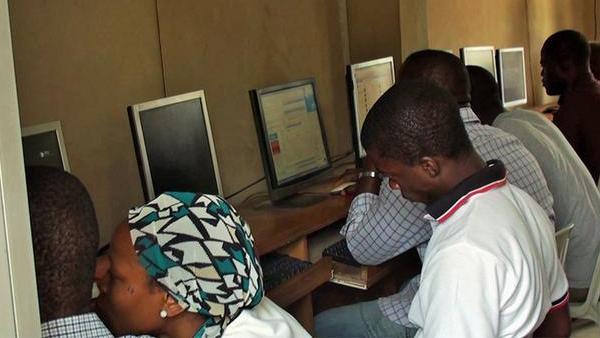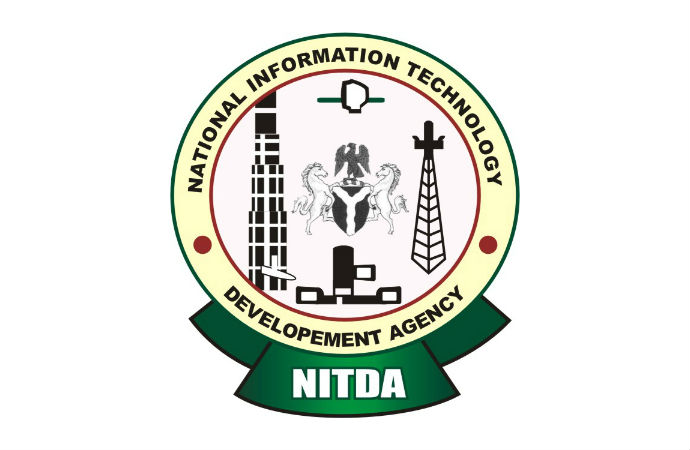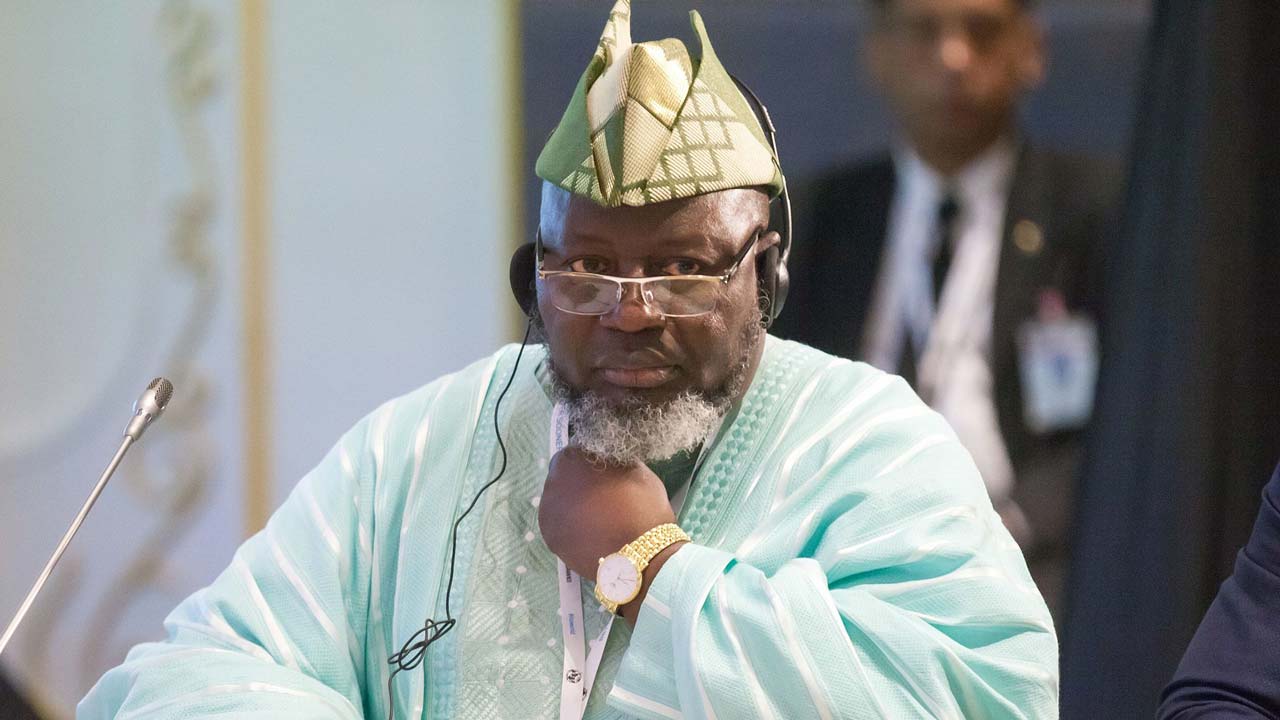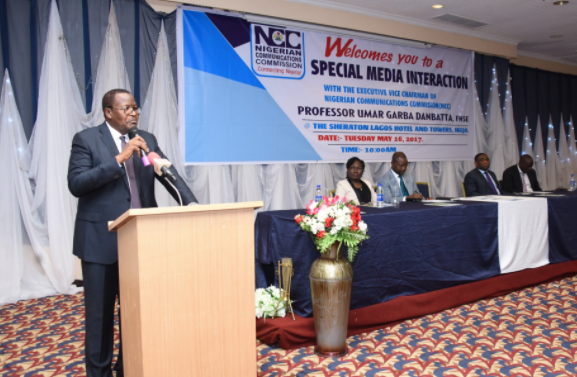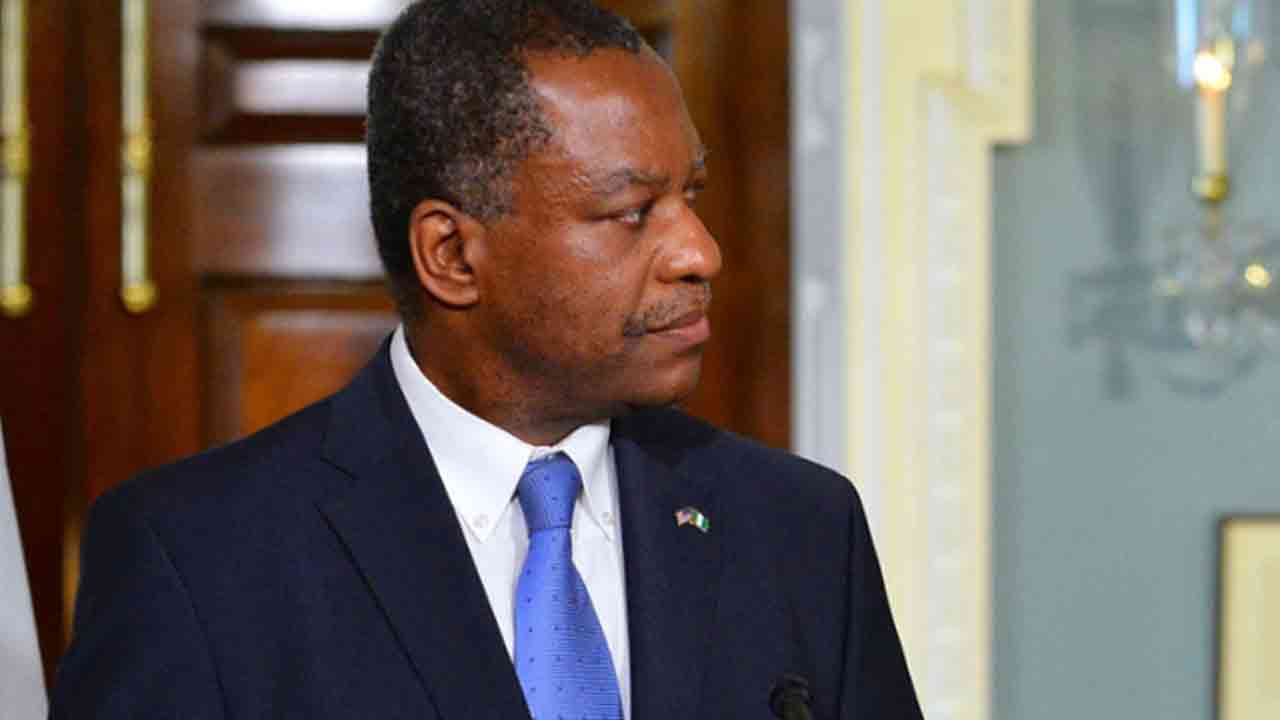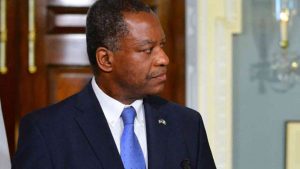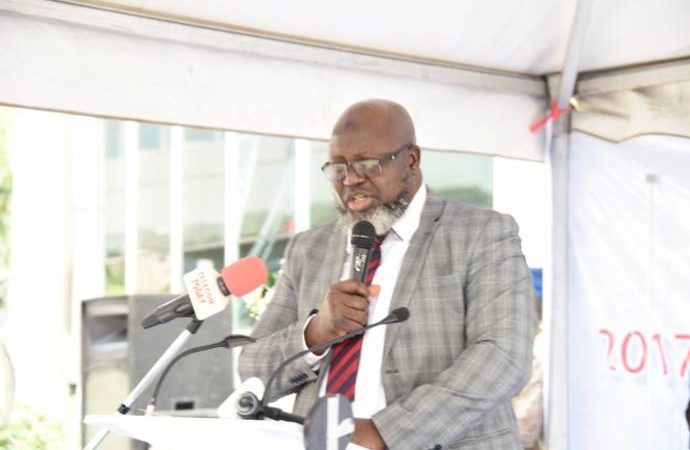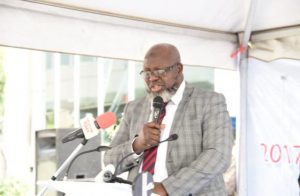The Internet Society and the African Union Commission on Wednesday unveiled a new Internet Infrastructure Security Guidelines for Africa.
According to a statement by Mr Michelle Anekeya, the society’s Communications Officer, the guideline was launched at the ongoing African Internet Summit, taking place in Nairobi.
He said the 3-day summit, which started on Wednesday, May 31 will end on Friday, June 2.
Anekeya said the guidelines would help Africa to create a more secure Internet infrastructure, saying it sets to change the way African Union States approach cyber security preparedness.
He said the guidelines, the first of their kind in Africa, were developed by a multi-stakeholder group of African and global internet infrastructure security experts, as the first step towards building a more secure Internet in Africa.
He said the guidelines would help AU member states strengthen the security of their local Internet infrastructure through actions at a regional, national, ISP/operator and organisational level.
He added that Africa’s cyber security environment was facing a unique combination of challenges, including a lack of awareness of the risks involved in using technology.
“Kenya was ranked the 69th most vulnerable country out of 127 in the 2015 Deloitte Global Threat Index.
“Some of the main reasons are: low awareness, underinvestment, talent shortage and overload of data. Deloitte further estimates that Kenya lost $171 million to cybercrime in 2016.
“Africa has achieved major strides in developing its Internet Infrastructure in the past decade.
“However, the Internet won’t provide the aspired benefits unless we can trust it.
“We have seen from recent experiences that Africa is not immune from cyber-attacks and other security threats.
“These guidelines, developed in collaboration with the African Union Commission, will help African countries put in place the necessary measures to increase the security of their Internet infrastructure,” Anekeya said.
According to him, the guidelines offer actions that are tailored to the African cyber security environment and solutions for an ever changing online landscape.
He quoted Dawit Bekele, Africa Regional Bureau Director for the Internet Society, as saying that the document was launched at a time when the world felt the real and urgent need to build and reinforce structures aimed at tackling the growing cyber threat to the global digital economy.
He added that Governments, companies, network operators, universities and organisations across African Union member states are encouraged to take action to implement the Internet
“The Commission of the African Union will continue its partnership with the Internet Society on a second set of guidelines addressing personal data protection in Africa,” he added.
Anekeya said according to ITU ICT Facts and Figures 2016, it was estimated that 25.1 percent of Africans were now online.
He said despite lower Internet access rates compared to other regions in the world, there had been a sustained double-digit growth in Internet penetration over the past 10 years in the continent.
He said this was partly due to an increase of mobile Internet and in more affordable smart phones in the market and Africa’s young, technology-savvy population.
He said to continue to improve access and connect the unconnected, people needed to trust the Internet.
Symantec, a global leader in cyber security, observed that 24 million malware incidents were targeted at Africa in 2016.
